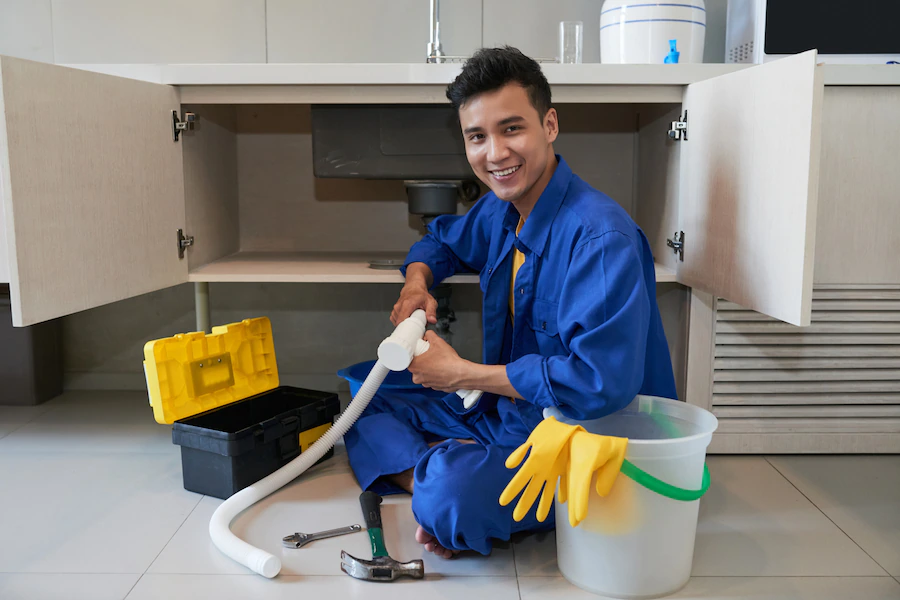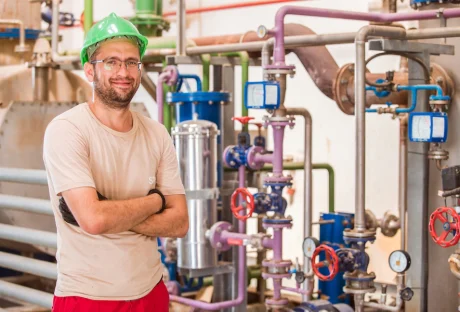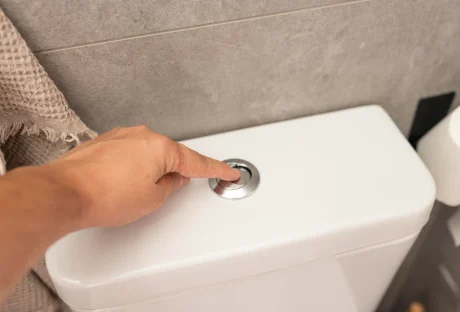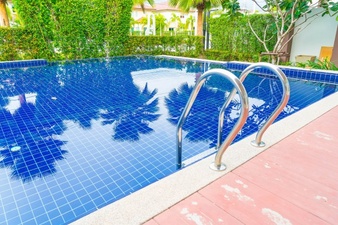Whether you’re dealing with a dripping faucet or a plumbing emergency, finding a reliable and skilled local plumber can feel daunting. With this comprehensive guide, we aim to take the stress out of your search. We’ll help you understand what to look for, how to vet prospective plumbers and ensure you’re getting the best value for your hard-earned dosh.
Understanding Your Plumbing Needs
Common Plumbing Issues
Understanding your plumbing issues can assist you in your search for a plumber. Common problems include blocked drains, leaking pipes, faulty hot water systems, and toilets. Depending on the complexity, you might need a general plumber or a specialised one. A blocked drain might require a plumber skilled in using CCTV drain cameras and hydro-jetting equipment.
Emergency vs. Regular Plumbing Needs
Distinguishing between regular and emergency plumbing needs is crucial, as not all plumbers offer 24/7 services. Emergency plumbing issues like burst pipes, gas leaks, or severe drain blockages require immediate attention. On the other hand, if you’re planning a bathroom renovation or dealing with a dripping tap, it’s typically a non-urgent matter.
Searching For A Local Plumber
Word Of Mouth
One of the best ways to find a reliable local plumber is through personal recommendations. Ask friends, family, or neighbours about their experiences. They can provide insights into the plumber’s reliability, professionalism, and cost-effectiveness.
Online Search
An online search is another effective way to find plumbers in your area. You can use search terms such as “plumber near me” or “local plumbers” and browse the results. Remember to check customer reviews and ratings to understand their reputation.
Local Directories
Local directories, both online and physical, provide an extensive list of plumbers in your area. These resources usually include contact details and sometimes customer reviews.
Evaluating Potential Plumbers
Credentials
Check the plumber’s credentials before hiring. They should hold a valid plumbing license, showing they’re qualified and legally permitted to perform plumbing work. In Australia, licensing requirements vary by state, so ensure the plumber complies with your local regulations.
Insurance
Ensure the plumber carries adequate insurance, including public liability insurance, to cover any damages that might occur during the work. They should also have workers’ compensation insurance to protect them from liability if a worker is injured on your property.
Experience And Specialisation
Examine the plumber’s level of experience and specialisation. Some plumbers specialise in specific areas, such as gas fitting, roofing, or drain cleaning. Choosing a plumber with relevant experience and specialisation can result in better service.
Asking The Right Questions
Once you’ve shortlisted potential plumbers, it’s time to ask some questions. This can help you determine if they’re the right fit for your needs.
What’s Your Experience With This Type of Work?
It’s crucial to ask if the plumber has handled similar jobs before. They should be able to explain how they would address your issue, what steps they would take, and how long they anticipate the work will take.
Do You Provide A Written Quote?
Always request a written quote before the work begins. The section should include labour costs, material costs, and any potential extra costs. This will prevent any unwelcome surprises when it’s time to settle the bill.
What’s Your Availability?
For urgent issues, you’ll need a plumber who can respond promptly. But even for non-urgent work, it’s good to know their schedule to see if it fits with yours. If they’re too busy, consider another plumber.
Making The Decision
Compare Quotes
Remember, the cheapest quote can be better. Look for value for money. Spending more upfront can save you from headaches and additional costs.
Trust Your Gut
Looking elsewhere is okay if a plumber needs to be more trustworthy and professional. You should feel comfortable with your choice as they will work in your home and deal with your property.
After The Job
Review Your Experience
After the job is completed, take a moment to review your experience. Was the plumber professional? Did they complete the work satisfactorily? Your feedback can help others find a reliable plumber.
Keep Good Records
Hold onto the invoice and any warranty information, especially for substantial jobs. Good records can be helpful if problems arise later or for home insurance purposes.
Conclusion
Finding the best domestic plumbers near me can take some effort, but it’s well worth it. Understanding your needs, research, credentials, and trust your gut. With this guide, you’re well-equipped to find a top-notch local plumber to tackle your plumbing needs. Don’t hesitate to contact a professional for help!
Read Also:
- 5 Best Type Of Plumbing Pipe
- Guide To Choose An Authentic Plumber Service Company























